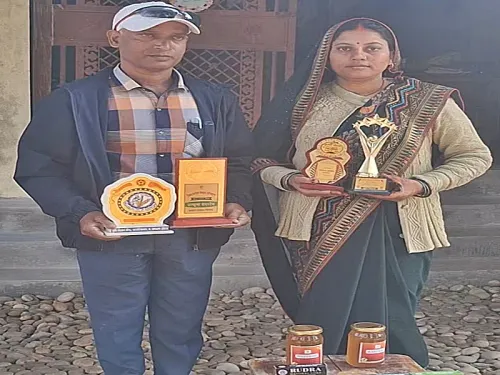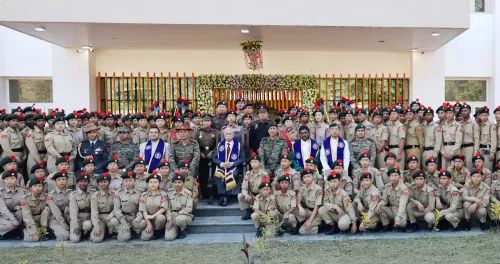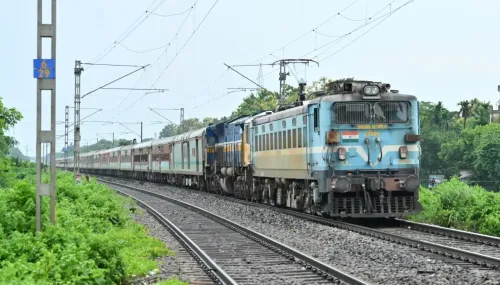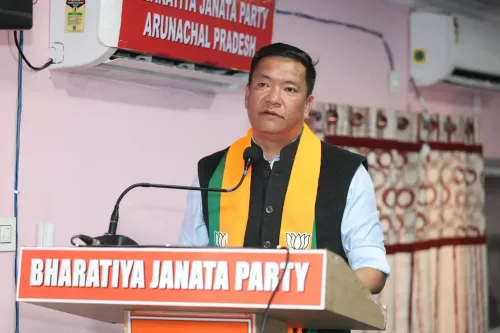Should Punjab CM Request Special Central Incentives Similar to Himachal?
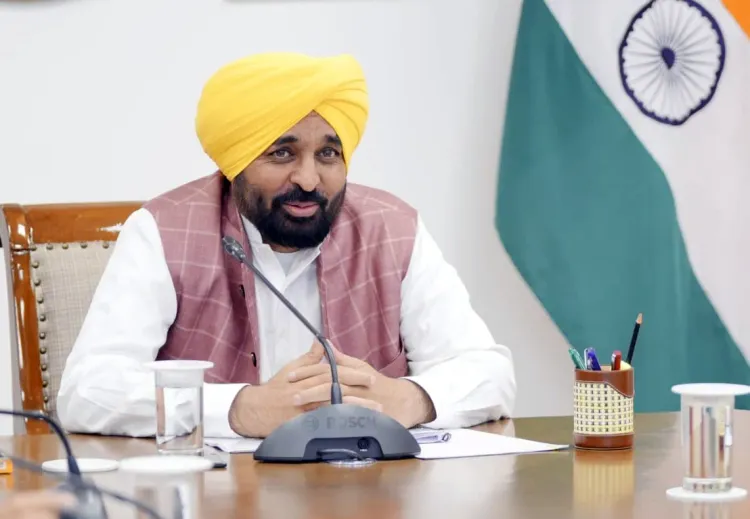
Synopsis
Key Takeaways
- Punjab's CM advocates for equal support from the Central government.
- Agro food processing zones are proposed for revitalization.
- Significant compensation increases are requested for affected farmers.
- Modernization of infrastructure in border districts is essential.
- The appeal highlights the importance of agricultural sustainability.
Chandigarh, June 26 (NationPress) The Chief Minister of Punjab, Bhagwant Mann, on Thursday put forth the state’s demands to the Niti Aayog team, urging their assistance for both holistic development and the protection of Punjab's interests.
During discussions with the team led by member Ramesh Chand and Program Director Sanjeet Singh, the Chief Minister emphasized that “now is the crucial time for the Aayog to provide generous support to help preserve Punjab’s rich heritage in water resources and agriculture.”
He highlighted that Punjab shares a significant 553 km international border with Pakistan, encompassing six border districts: Amritsar, Tarn Taran, Gurdaspur, Pathankot, Ferozepur, and Fazilka.
However, Mann pointed out that the special incentives provided to Himachal Pradesh, Uttarakhand, and Jammu and Kashmir by the Central government have negatively impacted the economy of Punjab’s border districts.
The Chief Minister advocated for the border districts of Punjab to receive similar support as that given to Himachal Pradesh, Uttarakhand, and Jammu and Kashmir to rejuvenate the state’s industrial and trade sectors.
He requested a special incentive package for these border districts, including the establishment of agro food processing zones in each, with a particular emphasis on the basmati rice industry and horticultural products like litchi.
Mann also called for the modernization of existing focal points in border districts and the creation of an exhibition-cum-convention center in Amritsar.
Additionally, he sought a Production-Linked Incentive (PLI) scheme for the agro sector, tax incentives for the textile industry, freight subsidies for businesses, and reduced interest rates on loans in the border districts.
He stressed the importance of a significant increase in compensation for farmers whose lands are situated between the international border and the border fence, emphasizing that over 17,000 acres fall in this area.
Mann pointed out that the current compensation rate of Rs 10,000 per acre per year should be raised to Rs 30,000 per acre annually, and insisted that this should be fully funded by the Centre, as these farmers are crucial in making the country self-sufficient in food production.


